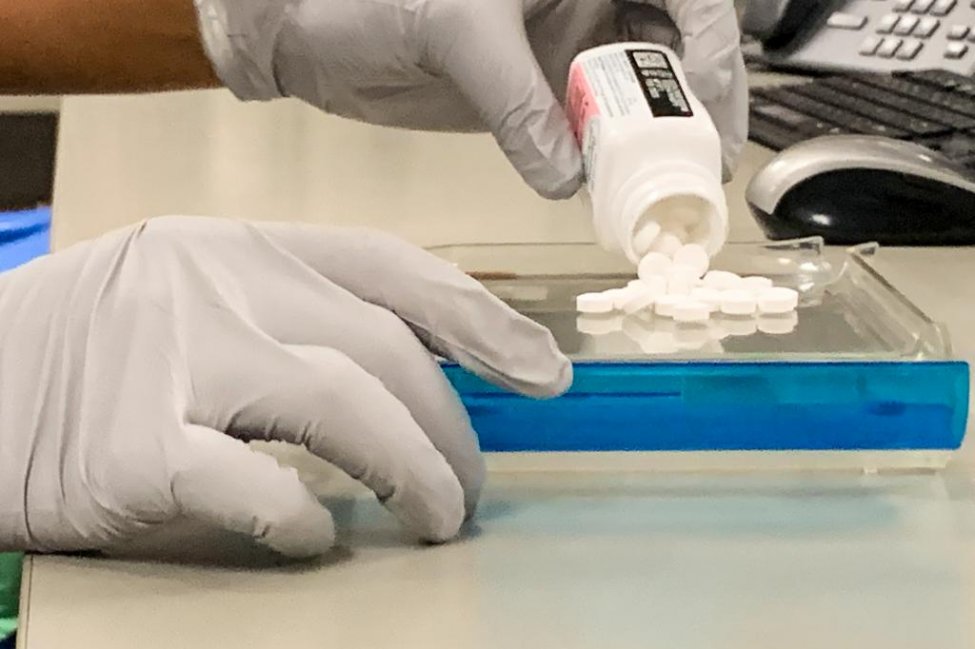While most people prefer, or at least expect, prescription opioid drugs to manage pain after a surgery, just as many would be willing to use non-opioid painkillers, a survey showed. Photo courtesy of Orlando Health Photo courtesy of Orlando Health
Nov. 9 (UPI) — Most adults in the United States want stronger pain medications after surgical procedures, even if they may be addictive, such as opioids, but are willing to try other options if they’re effective, a survey released Tuesday by Orlando Health in Florida found.
About two-thirds of the more than 2,000 adults from across the country surveyed said they would try opioid-free options for pain relief, such as acetaminophen and ibuprofen, according to the researchers who conducted the survey.
A similar number indicated that they expect to receive prescription opioid pain medications after undergoing a surgery, and 60% reported that they would prefer a “stronger prescription pain medication over non-prescription painkillers,” the data showed.
In addition, 65% said they would be “more concerned about managing pain after surgery than the risks of opioid addiction,” the researchers said.
“It’s very important for us to keep in mind that people do have pain and people do need pain control,” one of the researchers behind the survey, Dr. Luke Elms, said in a press release.
“The solution is not to just pull opioids away from people and leave them to fend for themselves,” said Elms, a general surgeon at Orlando Health Dr. P. Phillips Hospital in Florida.
The use of opioid-based pain medications among patients following surgical procedures has come under increased scrutiny in recent years due to the risk for addiction.
Opioid-based pain medications prescribed by physicians have helped fuel an epidemic of abuse and misuse of these drugs, which have intoxicating effects similar to illegal drugs, such as heroin, according to the National Institute on Drug Abuse.
More than 93,000 people in the United States died from drug overdoses in 2020, a 30% increase compared with the previous year, the Centers for Disease Control and Prevention estimates.
For this survey, the Orlando Health researchers surveyed adults age 18 and older from across the United States.
Respondents were asked about their pain management preferences after surgery and whether they were concerned about the risk for addiction associated with some prescription pain medications, particularly opioids.
Among respondents, 78% agreed strongly or somewhat with the statement that “taking prescription pain medication like opioids to manage pain after a surgery is sometimes necessary.”
In addition, at least 60% agreed strongly or somewhat that effective pain management was more important than the potential risk for addiction associated with opioid pain medications and that they would prefer the “stronger” drugs over non-prescription options.
Still, 68% agreed strongly or somewhat that they would be willing to try opioid-free options for pain after surgery, according to the researchers.
“When I talk to patients and reassure them that we’re going to be replacing opioids with a much more effective and safe method, most patients are very open to the idea,” Elms said.
This is after “[I] really talk to them about the risks of opioids that have become much more evident with the research that’s come out recently,” he said.
